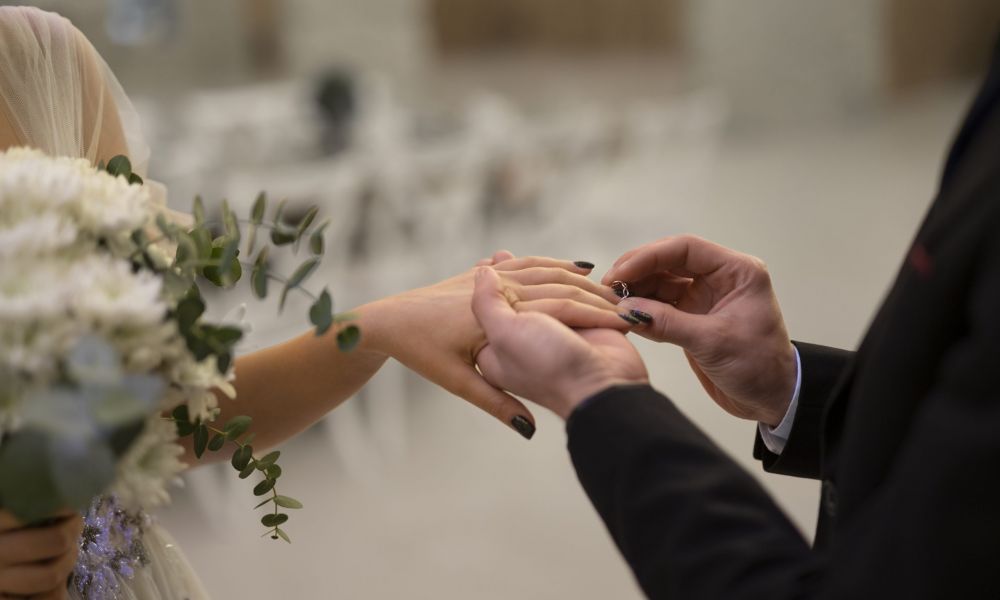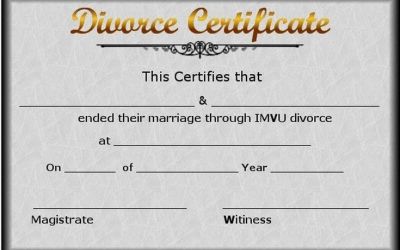
Interfaith Marriage in Dubai: A Complete Legal Guide for 2025
Table of Contents ▼
Is interfaith marriage in Dubai an option for me?
Dubai, known for its international appeal and a resident base that spans over 200 nationalities, has modernized its legal system to reflect its global nature.
In 2022, Federal Decree Law No. 41 was introduced, allowing civil marriage for non-Muslims.
This guide will cover everything you need to know about civil and interfaith marriage in Dubai.
The Legal Framework for Civil Marriage in Dubai

Federal Decree Law No. 41 of 2022
Federal Decree Law No. 41 of 2022 represents a groundbreaking shift in Dubai’s marriage laws, offering non-Muslim expatriates and tourists a secular pathway to marriage.
The civil marriage law, administered by Dubai Courts, allows both residents and visitors to marry under civil law, bypassing the constraints of Sharia law. This development provides a streamlined, legally recognized process for non-Muslim couples in Dubai.
Sharia Law vs. Civil Marriage
There are notable differences between Sharia law marriages for Muslims and civil marriages for non-Muslims in Dubai. For instance, Sharia law allows Muslim men to marry Christian or Jewish women, but they are not permitted to marry atheists or polytheists unless they convert to Islam.
Muslim women cannot marry non-Muslim men unless the man converts to Islam. In contrast, civil marriage enables non-Muslim couples to marry freely, with no religious constraints.
Civil Interfaith Marriage Eligibility in Dubai

To qualify for a civil interfaith marriage in Dubai, both individuals must meet certain criteria. Both partners must be non-Muslim, as Sharia law governs marriages for Muslims.
At least one partner must be a resident of the UAE, and both individuals must be at least 21 years old. Furthermore, the couple cannot be closely related or married to others.
For residents, the required documentation includes valid passports, Emirates IDs, proof of marital status (single, divorced, or widowed), and a residential visa. Tourists need passport copies, an entry visa (if applicable), and a certificate of no impediment from their home country.
Step-by-Step Civil Marriage Process
Here’s how you can do civil Interfaith Marriage in Dubai:
- Submit Application: Couples can apply online, with an application fee typically costing AED 2,500, although the exact amount may vary depending on the services requested.
- Attend Marriage Ceremony: The ceremony is officiated by a notary public, and no religious officiant is needed. Witnesses are optional, and the notary public will act as the legal witness. The ceremony can be conducted in either English or Arabic.
- Receive Marriage Certificate: After the ceremony, the marriage certificate is issued immediately. It can be attested for international use if needed.
Some couples prefer a hybrid ceremony, where they complete the legal marriage process and then have a cultural or religious celebration afterward.
Interfaith Marriage: Muslims and Non-Muslims in Dubai

Dubai’s new civil marriage law has made it easier for non-Muslim couples to marry. However, Muslim residents are still subject to specific restrictions. Under Sharia law, Muslim men can marry Christian or Jewish women but are not allowed to marry atheists or polytheists unless they convert to Islam. Muslim women, however, cannot marry non-Muslim men unless the man converts to Islam.
Couples who marry abroad may later attempt to have their interfaith marriage recognized in the UAE. This can be a complex process that involves certain legal steps.
Recognition of Marriages Performed Abroad
If a couple marries outside of Dubai, their union will typically be recognized as long as it was legally performed in the country where the marriage took place. However, they may need to have the marriage attested by the UAE Embassy and the Ministry of Foreign Affairs (MOFA). Marriages that are illegal under UAE law, like same-sex marriages, will not be accepted. Proper documentation and attestation are crucial for recognition.
Challenges and Cultural Considerations
Interfaith marriages may be met with social and family pressure, especially in conservative communities. In addition, when one partner is Muslim, legal complications such as child custody and inheritance, governed by Sharia law, can arise.
Dubai’s commitment to tolerance supports interfaith marriages and provides legal avenues for dispute resolution in these cases.
Conclusion
Navigating the legal process remains more straightforward, but attention to detail is still necessary. Being aware of the latest legal requirements, ensuring proper documentation, and allowing time for processing will help ensure a smooth experience.
Legal experts specializing in UAE family law, such as those at Easy Wedding, can offer valuable advice tailored to individual circumstances.


